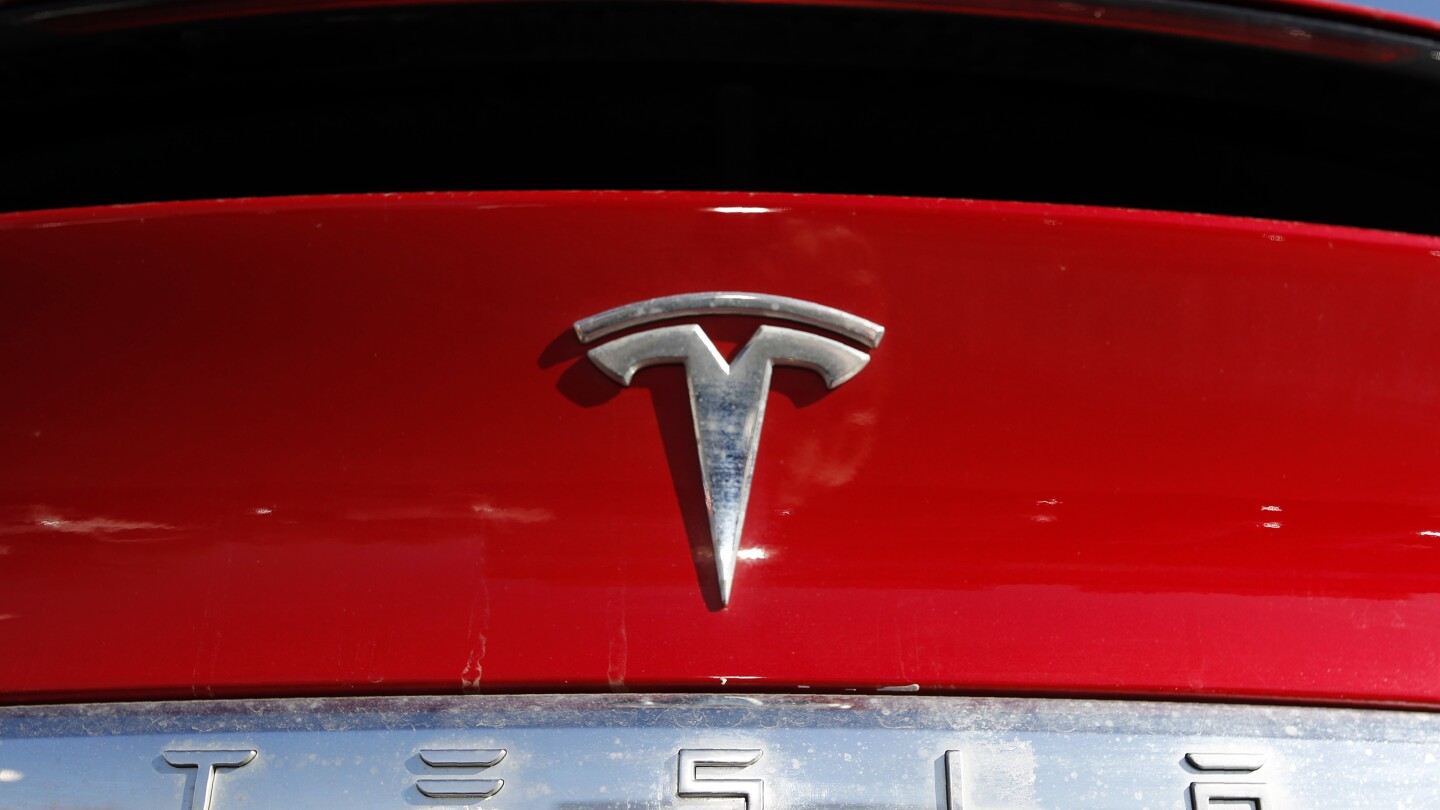Tesla is recalling nearly all of the vehicles it has sold in the U.S. because some warning lights on the instrument panel are too small.
The recall of nearly 2.2 million vehicles announced Friday by the National Highway Traffic Safety Administration is a sign of stepped-up scrutiny of the electric vehicle maker. The agency also said it has upgraded a 2023 investigation into Tesla steering problems to an engineering analysis, a step closer to a recall.
Documents posted Friday by the agency say the warning light recall will be done with an online software update. It covers the 2012 through 2023 Model S, the 2016 through 2023 Model X, the 2017 through 2023 Model 3, the 2019 through 2024 Model Y and the 2024 Cybertruck.
The agency says that the brake, park and antilock brake warning lights have a smaller font size than required by federal safety standards. That can make critical safety information hard to read, increasing the risk of a crash.



I totally overlooked the process aspect of it. Makes sense.
It’s just that it feels so weird to call a simple software update a recall…
Then again, cars getting OTA software updates are ever weirder - and frankly kind of creepy - to this gen-Xer. Internet-connected cars is a major reason why I’m balking at buying that EV I’d like to buy and I keep my old diesel car.
I’ve had both a Toyota and a Honda recalled for software issues, and I’ve seen the actual recall notices for both. For the Toyota (a hybrid) the recall notice and a letter came in the mail explaining that I’d get a usb stick in the mail. A few weeks later I got it along with instructions on how to install it. It basically said to plug it into the car, turn the car on, then wait about 10 minutes until you saw a certain message.
The Honda was a huge pain. For a few years I would find the battery was dead after a long drive. It was very intermittent. Three mechanics and 2 batteries later it was still happening. Dealer mechanics were no help either. Eventually I posted the symptoms on a Honda enthusiasts forum, and within a few days I was pointed to two different recall notices that described my problem perfectly. They were software bugs in the ECU that would cause the alternator to be disabled occasionally when it shouldn’t. The only problem is the range of VINs on those recalls didn’t match my car.
I took printouts of the recalls to a dealer, they checked and confirmed my car had the buggy ECU software. They updated it, and I never had that problem again.
deleted by creator